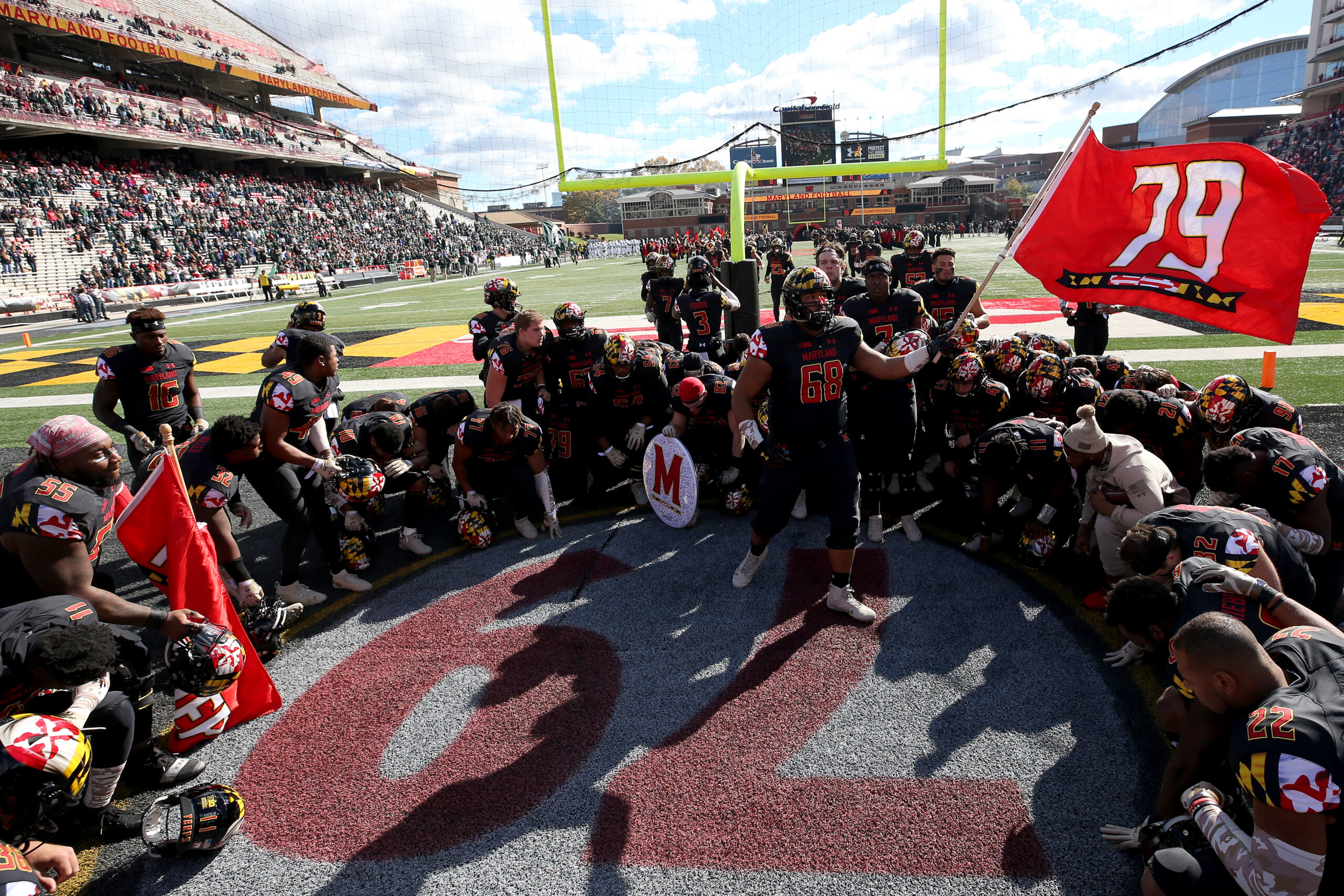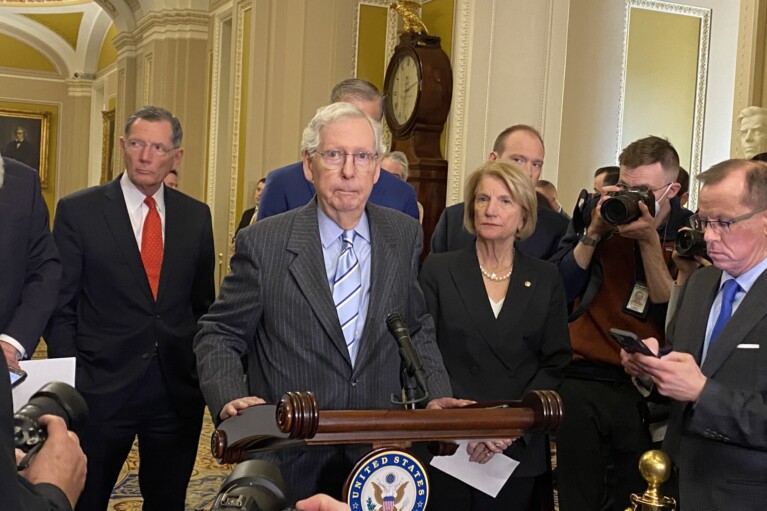Heat-related illness bill honoring late Md. university football player introduced in Congress

Two Maryland lawmakers have introduced a federal bill that would require colleges and universities to create emergency plans for when a student athlete experiences symptoms of heat-related illnesses such as heat stroke and heat exhaustion.
The legislation is named after Jordan McNair, a 19-year-old University of Maryland football player who collapsed during practice in 2018 and died from heat stroke symptoms days later. The bill is entitled “Jordan McNair Student Athlete Heat Fatality Prevention Act” in his honor.
U.S. Senator Ben Cardin (D-Md.) has filed the bill for the Senate to consider, while U.S. Representative Kweisi Mfume (D-7th) will carry it in the House.
“Awareness of the warning signs, coupled with strong and consistent emergency procedures are important for keeping our student-athletes healthy, especially in extreme temperatures,” Cardin said in a written statement. “I thank the McNair family for channeling the pain of their loss into a mission to help coaches, student athletes, and parents identify symptoms of heatstroke and heat-related illnesses.”
The newly filed bill describes the timeline that led to the death of McNair.
On May 29, 2018, McNair collapsed during practice, suffering from an exertional heat stroke. The legislation says that he received “inadequate heat-related illness treatment” when he was escorted of the field. About an hour and a half passed before he was taken to the nearest hospital. McNair died two weeks after he initially collapsed on the football field.
Cardin and Mfume’s legislation would require institutions of higher education participating in athletic associations or conferences to develop heat-illness emergency action plans, which would include plans for operating automatic external defibrillators and cold-water immersion equipment.
These plans must ensure that informational graphics describing the signs of heat-related illnesses be posted in locker rooms, athletic training facilities, weight rooms and outdoor sports complexes, as well as be posted on an athletic program’s website and distributed out to students before the start of training each academic year.
The bill states that rising temperatures pose a “serious risk to student athletes participating in outdoor sports” and recommends that emergency plans consider guidelines from the Wet-Bulb Globe Temperature index. This metric measures heat stress in direct sunlight and takes into account various factors such as humidity, wind speed, sun angle and cloud cover, according to the National Weather Service.
The Centers for Disease Control and Prevention says that “heat stroke is the most serious heat-related illness” and occurs when the body is unable to control its temperature and is unable to cool down. Heat strokes are life-threatening emergencies which can lead to death or permanent disability.
Symptoms of a heat stroke include high body temperature above 103°F, throbbing headache, strong pulse, dizziness, nausea, confusion, unconsciousness, and red, hot and dry skin without sweating, according to the CDC.
The proposed legislation is similar a Maryland state law from the 2021 legislative session, named the Jordan McNair Safe and Fair Play Act. The state law also wrapped in the ability for student athletes to earn compensation for their name, image and likeness.
The bill requires state universities to adopt and implement guidelines to prevent, assess and treat various sports-related illnesses, including heat illness, brain injury, and rhabdomyolysis, which is when muscle damage results in proteins and electrolytes releasing into the blood and leads organ damage.
“I hold a special place in my heart for all student athletes and feel as though we have not been as attentive to their vulnerabilities as we ought to be,” Mfume said in a written statement. “We can, and should, do more as a society for student athletes other than just cheer them on from the stands.”




 Creative Commons Attribution
Creative Commons Attribution